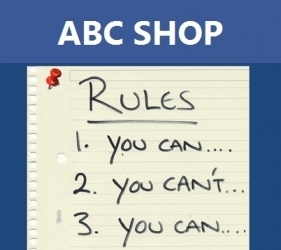lawyer (n)
/ˈlɔɪər/
luật sư
someone whose job is to give advice to people about the law and speak for them in court

respect (v)
/rɪˈspekt/
tôn trọng
to show that you understand the importance of something by not doing anything against it

violation (n)
/ˌvaɪəˈleɪ.ʃən/
sự vi phạm
an action that is in opposition to a law, agreement, principle etc

responsibility (n)
/rɪˌspɒn.sɪˈbɪl.ɪ.ti/
trách nhiệm
something that it is your job or duty to deal with

chew (v)
/tʃuː/
nhai
to crush food into smaller, softer pieces with the teeth so that it can be swallowed

strict (a)
/strɪkt/
nghiêm nhặt, chặt chẽ
someone who follows the rules and principles of a belief or way of living very carefully and exactly

jury (n)
/ˈdʒʊə.ri/
ban hội thẩm, ban bồi thẩm
a group of people, usually 12, who judge a court case

swearing (n)
/ˈsweə.rɪŋ/
việc chửi thề
rude or offensive language that someone uses, especially when they are angry

recklessness (a)
/ˈrek.ləs.nəs/
tính coi thường, sự liều lĩnh
showing a lack of care about danger and the possible results of your actions

non-violent (a)
/ˌnɒnˈvaɪə.lənt/
không sử dụng bạo lực, phi bạo lực
using peaceful methods to achieve political change

smuggling (n)
/ˈsmʌɡ.l̩/
buôn lậu
the practice of secretly and illegally taking goods or people into or out of a country, especially as a way of earning money

dangerous (a)
/ˈdeɪn.dʒər.əs/
nguy hiểm
likely to injure or harm someone, or to damage or destroy something

































 Hãy đăng ký thành viên và đăng nhập để sử dụng chức năng này!
Hãy đăng ký thành viên và đăng nhập để sử dụng chức năng này!
Bình luận